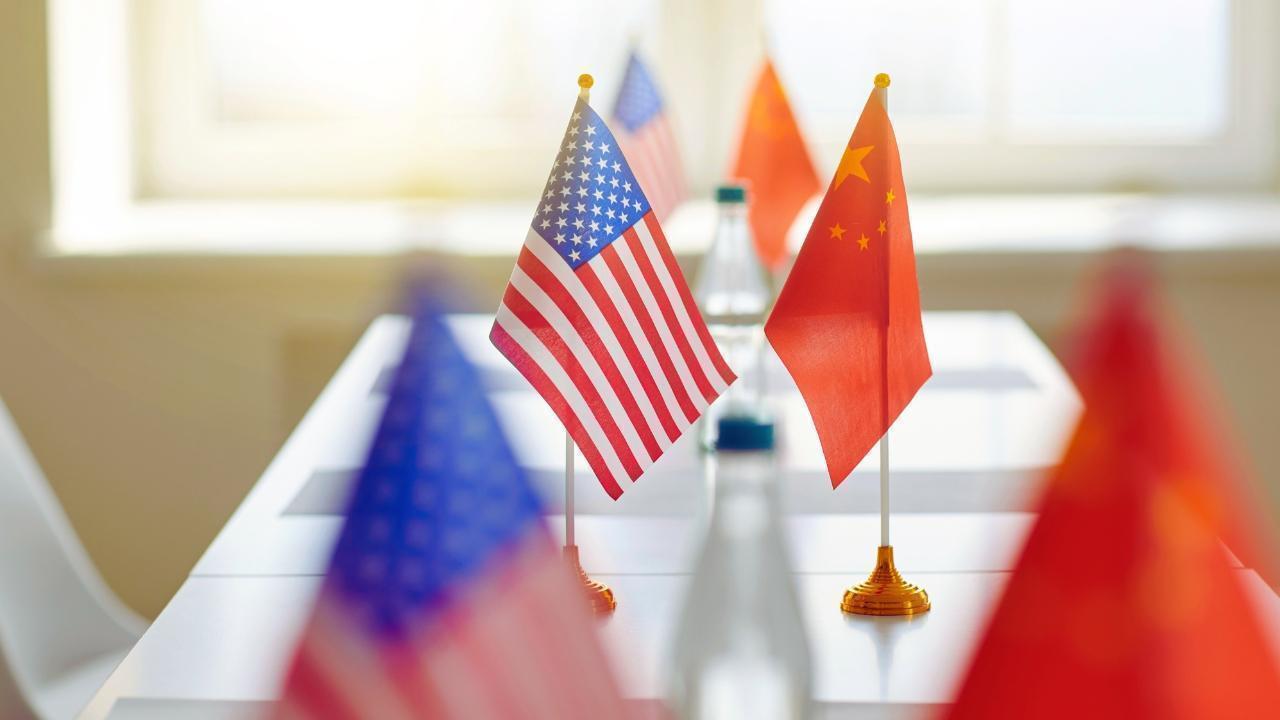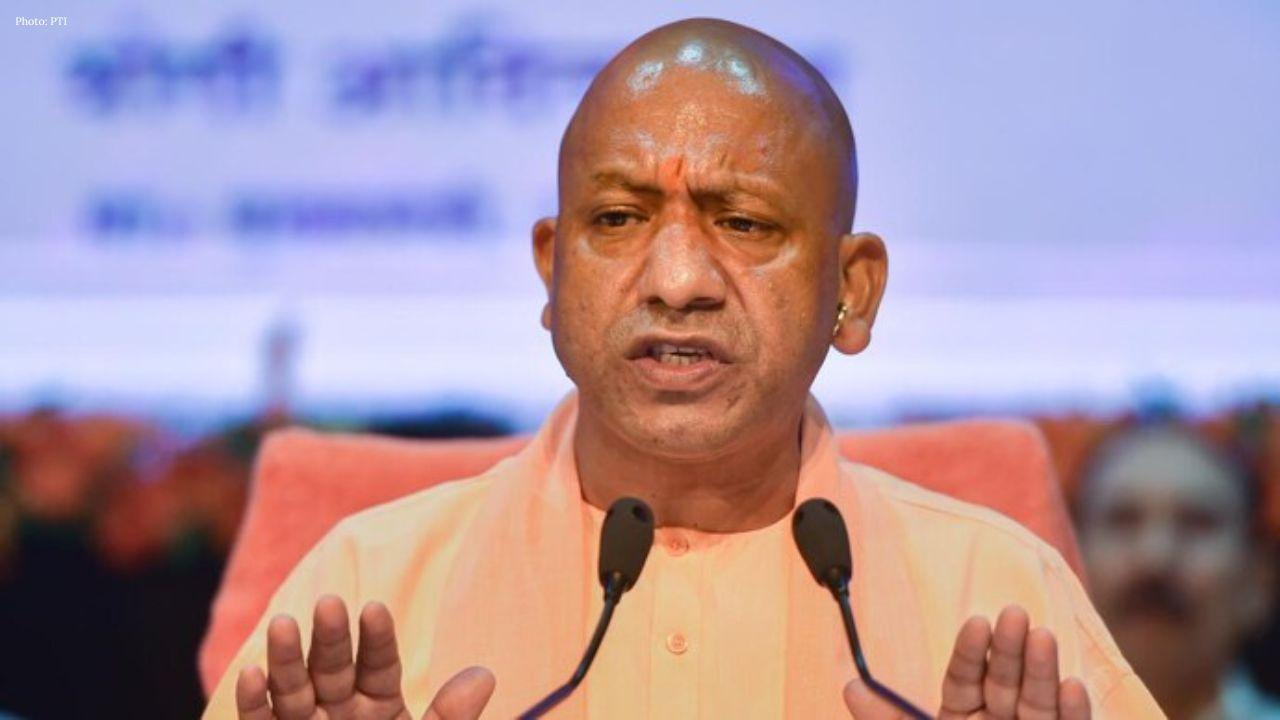You have not yet added any article to your bookmarks!

Join 10k+ people to get notified about new posts, news and tips.
Do not worry we don't spam!

Post by : Anis Farhan
On June 25, 2025, the European Union and Singapore signed the EU-Singapore Digital Partnership (EUSDP) — a comprehensive digital trade pact designed to facilitate secure, transparent, and efficient digital commerce across borders. The agreement, signed in Brussels, is being hailed as a global benchmark for 21st-century trade in the digital economy.
The deal is the first of its kind between the EU and an ASEAN member state and marks a major milestone in Singapore’s strategy to become a global digital node while boosting EU access to Southeast Asia’s rapidly digitizing markets.
The EUSDP goes beyond traditional free trade agreements. It sets rules for:
Cross-Border Data Flows: Ensures data can move freely between jurisdictions without unjustified restrictions, while protecting privacy.
Fintech & Payments Interoperability: Aligns regulations and infrastructure for digital wallets, cross-border QR codes, and mobile payments.
Cybersecurity Collaboration: Establishes a joint framework for threat intelligence sharing and regulatory harmonization.
E-Authentication & Digital Identity: Promotes mutual recognition of digital IDs and electronic signatures to boost trust in online transactions.
AI & Emerging Tech Governance: Introduces cooperation mechanisms to align ethical and operational standards for AI, blockchain, and IoT systems.
The agreement is built on the foundation of the EU-Singapore Free Trade Agreement (EUSFTA) but adds new digital pillars to support trade in services and innovation.
This deal is expected to accelerate EU companies’ entry into ASEAN’s booming digital economy, projected to surpass $300 billion by 2026. For Singaporean firms, especially those in fintech, SaaS, and logistics tech, the agreement creates smoother pathways into the European single market.
European businesses—particularly SMEs—can now access Singapore’s sandbox ecosystem for innovation, regulatory testing, and cloud services with fewer barriers. The pact also enables smoother digital customs processing and paperless trade documentation.
The EUSDP arrives at a critical moment in global tech policy. With rising fragmentation—exemplified by diverging U.S.-China data rules—the Singapore-EU agreement represents a third path grounded in openness, privacy, and trust.
Brussels sees Singapore as a trusted and neutral partner to test scalable digital frameworks. Singapore, in turn, benefits by being seen as a rule-setting player in digital governance, helping ASEAN countries converge with global standards.
Tech leaders and industry chambers have lauded the pact. The EU-ASEAN Business Council called it “a model for rules-based digital trade,” while Singapore’s Infocomm Media Development Authority (IMDA) described it as a “quantum leap” for the country’s digital trade diplomacy.
Major firms like Stripe, SAP, and DBS are already exploring enhanced fintech integration under the new regulatory alignment. Startups in blockchain, data analytics, and cybersecurity are expected to benefit from simplified compliance across two large markets.
Despite its promise, the deal isn’t without implementation hurdles. Aligning privacy laws (like the EU’s GDPR and Singapore’s PDPA) requires ongoing legal harmonization and data transfer adequacy evaluations. Additionally, smaller firms may face adaptation costs as they integrate with new regulatory regimes.
Cybersecurity remains a moving target, with joint threat response protocols still under development. Both parties have agreed to set up a Digital Trade Implementation Council to ensure seamless execution and stakeholder feedback.
The EUSDP is already influencing other economies. Japan and Australia have expressed interest in similar digital alignment with both the EU and Singapore. ASEAN’s own Digital Economy Framework Agreement (DEFA)—slated for finalization in 2025—may borrow core elements from this bilateral deal.
As more countries adopt their own data sovereignty laws, this agreement could serve as a vital bridge to preserve the global interoperability of digital trade.
This article is intended for informational purposes only and does not constitute legal or commercial advice. For policy interpretation or business compliance, readers should consult trade specialists or digital regulatory experts.










Thai AirAsia Targets Growth Through China & Long-Haul Routes
Thai AirAsia aims 6-9% revenue growth in 2026 expanding domestic flights and new international route

India Ends Silent Observer Role Emerges Key Player in West Asia
From passive energy buyer to strategic partner India’s diplomacy in West Asia now commands trust inf

Indian Students Stuck In Iran Amid US-Iran Tensions And Exam Worries
Rising US-Iran tensions leave Indian students stranded, fearing missed exams could delay graduation

India Says J&K Budget Exceeds Pakistan’s IMF Bailout
India slammed Pakistan at UNHRC, stating J&K’s development budget exceeds Pakistan’s IMF bailout and

UP CM Holds Talks With Ex Japan Economy Minister in Tokyo
Yogi Adityanath met former Japan economy minister Nishimura Yasutoshi in Tokyo to boost UP-Japan coo

Hiroshima Teacher Arrested for Alleged Sexual Assault of Minor
A 37-year-old high school teacher in Hiroshima was arrested on suspicion of sexually assaulting a te